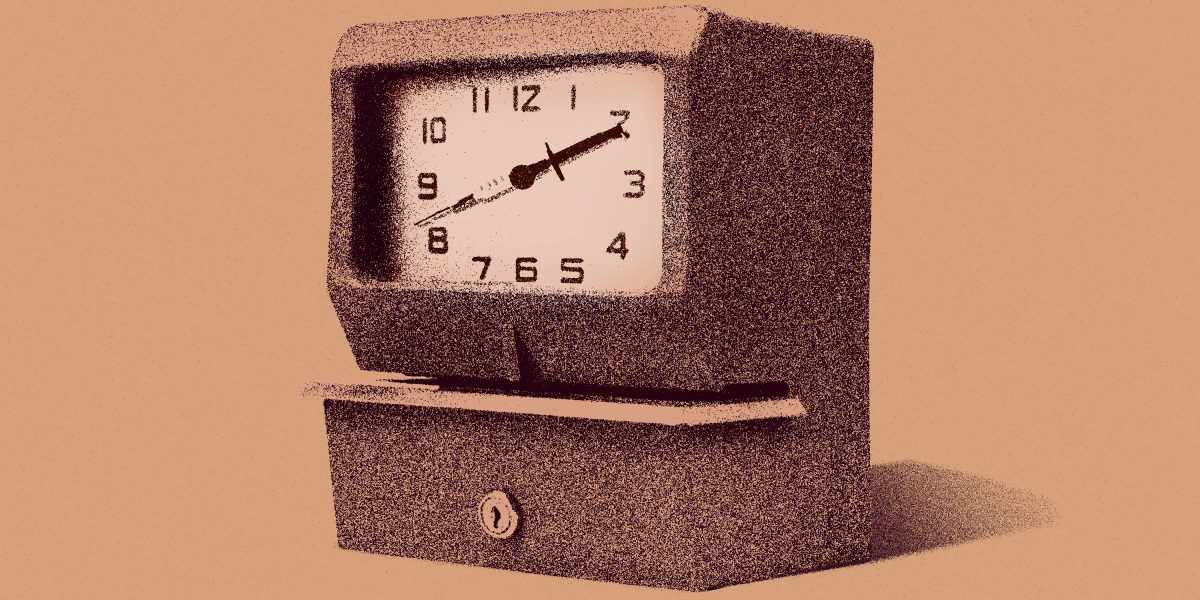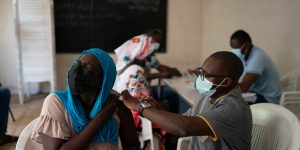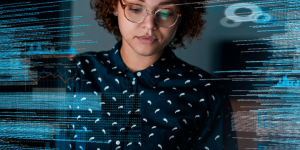[ad_1]
But state law is a partial approach, and worker protections or benefits depend a lot on what employers give. Ifeoma Ajunwa, associate professor of law at the University of North Carolina at Chapel Hill, says employers act like their own private government and are given complete freedom to run their businesses. Kovid showed “limited government power over employers,” says Ajunwa. “The pandemic really bared this, especially when it came to precautions regarding covid-19 or procedures related to covid-19.”
This means that research and understanding of their rights is highly dependent on workers.
“If you are part of the 94% of private sector workers who are not unionized, you might not know there is a benefit,” says Justin Feldman, a Harvard epidemiologist who has written about COVID-19 and the workplace. “And even if you know that it exists, that does not mean that you can apply it without retribution.”
In a statement, the New York City Department of Labor told me that it had received “various complaints” about violations of the COVID-19 Vaccine Leave Act, and said it was “trying to recover unpaid wages or restitution for those who were not paid for the leave. … free time as needed. ”
But even laws that appear to support workers on paper can ignore those who work in the most precarious jobs. The New York City Department of Labor said any worker denied vaccination leave should file a complaint, but declined to say specifically if the so-called giant workers’ insurance is covered. (Ajunwa of Chapel Hill says that because the law uses the word “employee,” it does not apply to workers who also do not receive health insurance for work.)
“Emergency situation in the country”
Public health experts emphasize that there is no single reliable tactic for vaccinating people. The government could create a series of paid weekends for workers in different sectors to get vaccinated, but we still have to combine that with other public health strategies such as going around the house, Feldman says.
Misconceptions about covid-19 also need to be addressed: Young workers may feel that they are not exposed to the serious consequences of the disease, Feldman notes, especially if they have already worked in person with minimal precautions throughout the pandemic and did not get sick. … It can be especially difficult to change your mind after peers, the media, or commentators downplay the risk.
“We need to treat vaccination of people as a national emergency, which means we cannot treat it as an individual failure,” he says. “We need to do a lot of different things at the same time and see what works.”
“Once people get the information they need, based on scientific evidence, they make the other carrots look more like the icing on the cake.”
Rhea Boyd, founder of The Conversation
Rhea Boyd, a San Francisco Bay Area pediatrician, says people need more information before incentives can convince them. She founded The Conversation, in which black and Hispanic healthcare professionals provide their communities with reliable information about COVID-19 vaccines.
“The main incentive is self-interest,” Boyd said in an email. “When people have the information they need, based on scientific evidence, it makes another ‘carrot’ look more like the icing on the cake.”
What would it look like?
“We will only know what is enough when everyone is vaccinated,” she says.
At the same time, the level of protection for front-line workers in the workplace continues to depend on changing public health guidelines, their employers’ own policies and the whims of clients who may choose to comply with safety measures or not.
And while public health officials have opened vaccination clinics in public parks, churches and June Day in an effort to change their minds, workers are watching what their bosses say and do.
“Workers of all stripes understand what they should do from their employers,” says Ajunwa. “I think this indicates employers’ over-influence on the lives of employees in America.”
This story is part of the Rockefeller Foundation’s Pandemic Technology Project.
[ad_2]
Source link



